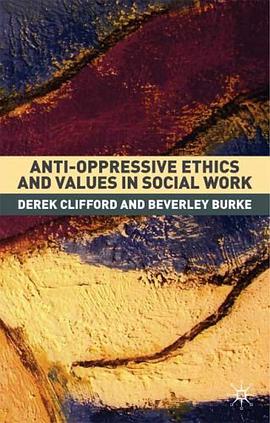

具体描述
Through an examination of the Chicago Initiative, a local collaboration created by foundations and corporate funders following the 1992 Los Angeles Riots, Ira Silver analyzes how elite philanthropists exercise social control over community organizations that do work in poor neighbourhoods. Silver's book investigates how community-based organizations strategically attempt to assert influence over foundation funding priorities. The book draws upon several years of qualitative research about "comprehensive community initiatives" undertaken by philanthropic foundations during the eighties and nineties; initiatives that aimed to give community based organizations unprecedented access to foundation's purse strings. A chief dilemma built into these initiatives, was that despite their novelty, foundations still maintained a vested interest in retaining control over the kinds of neighbourhood revitalization reforms that community-based organizations would receive funding to undertake. These research findings are of timely significance given how extensively policymaking responsibility for mitigating poverty has shifted over the past two decades from the public to the philanthropic sectors. Moreover, the book's central findings have appeal to a broad audience since they began to uncover the vast terrain of hidden processes through which elite entities can simultaneously negotiate and reproduce their power.
作者简介
目录信息
读后感
评分
评分
评分
评分
用户评价
相关图书
本站所有内容均为互联网搜索引擎提供的公开搜索信息,本站不存储任何数据与内容,任何内容与数据均与本站无关,如有需要请联系相关搜索引擎包括但不限于百度,google,bing,sogou 等
© 2026 book.wenda123.org All Rights Reserved. 图书目录大全 版权所有

















